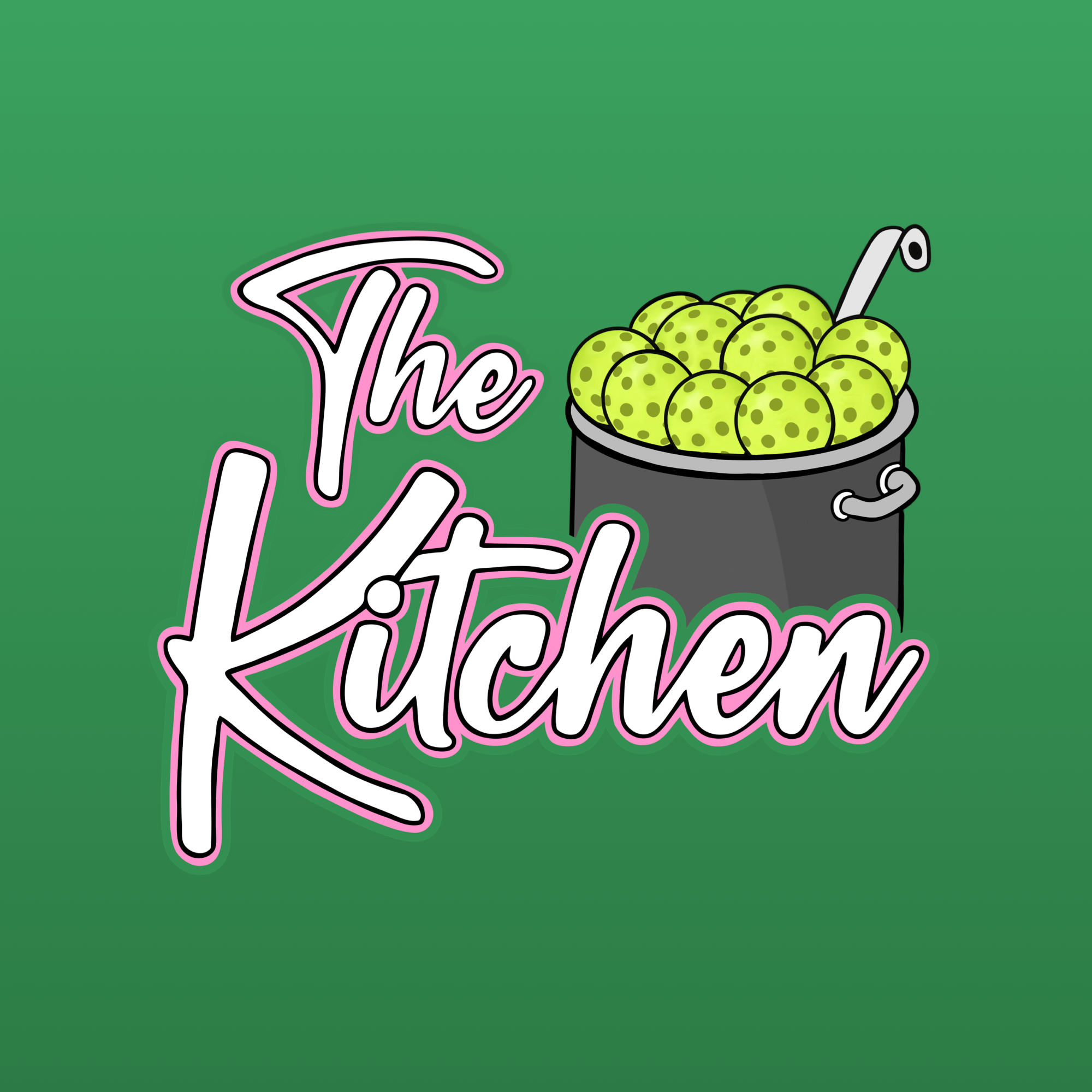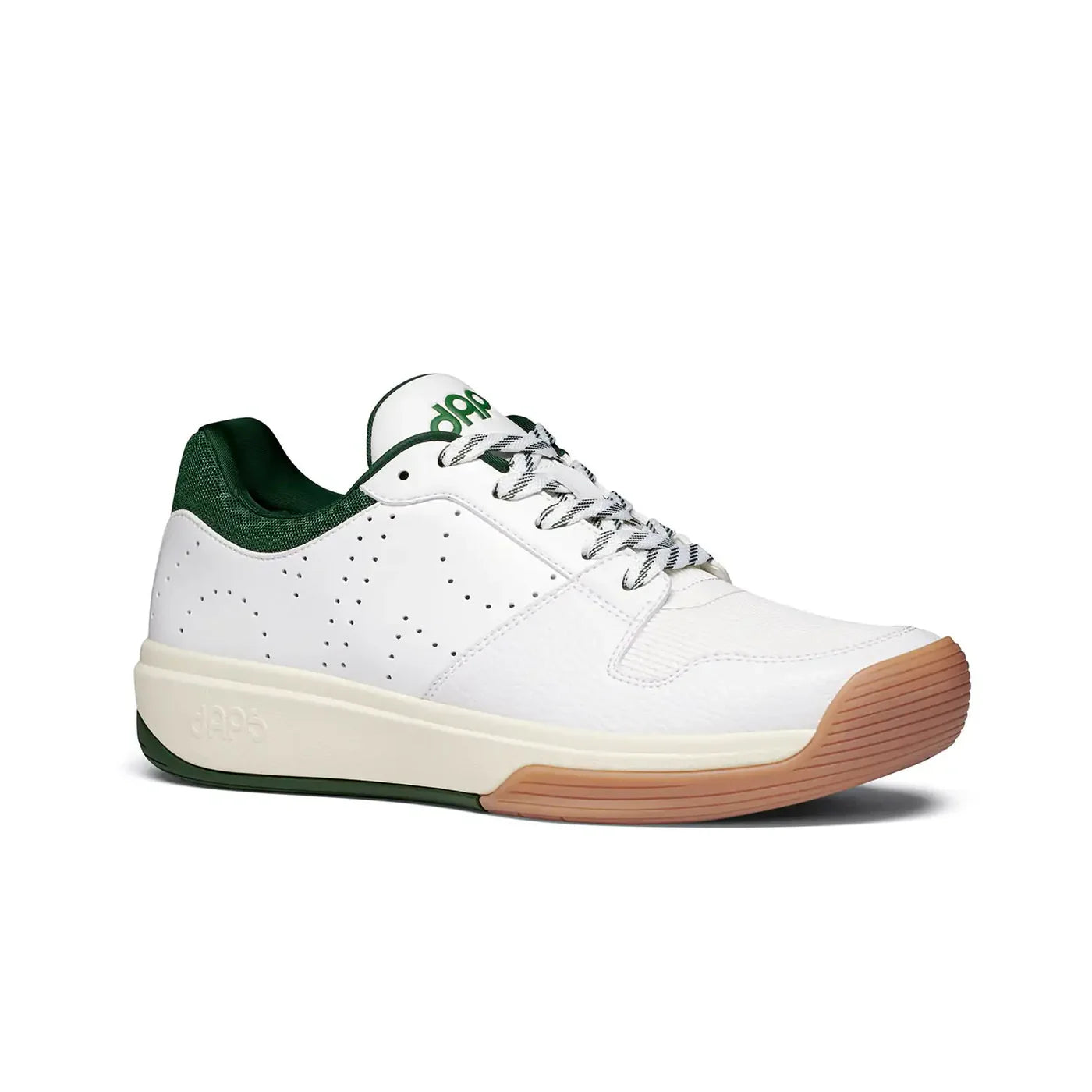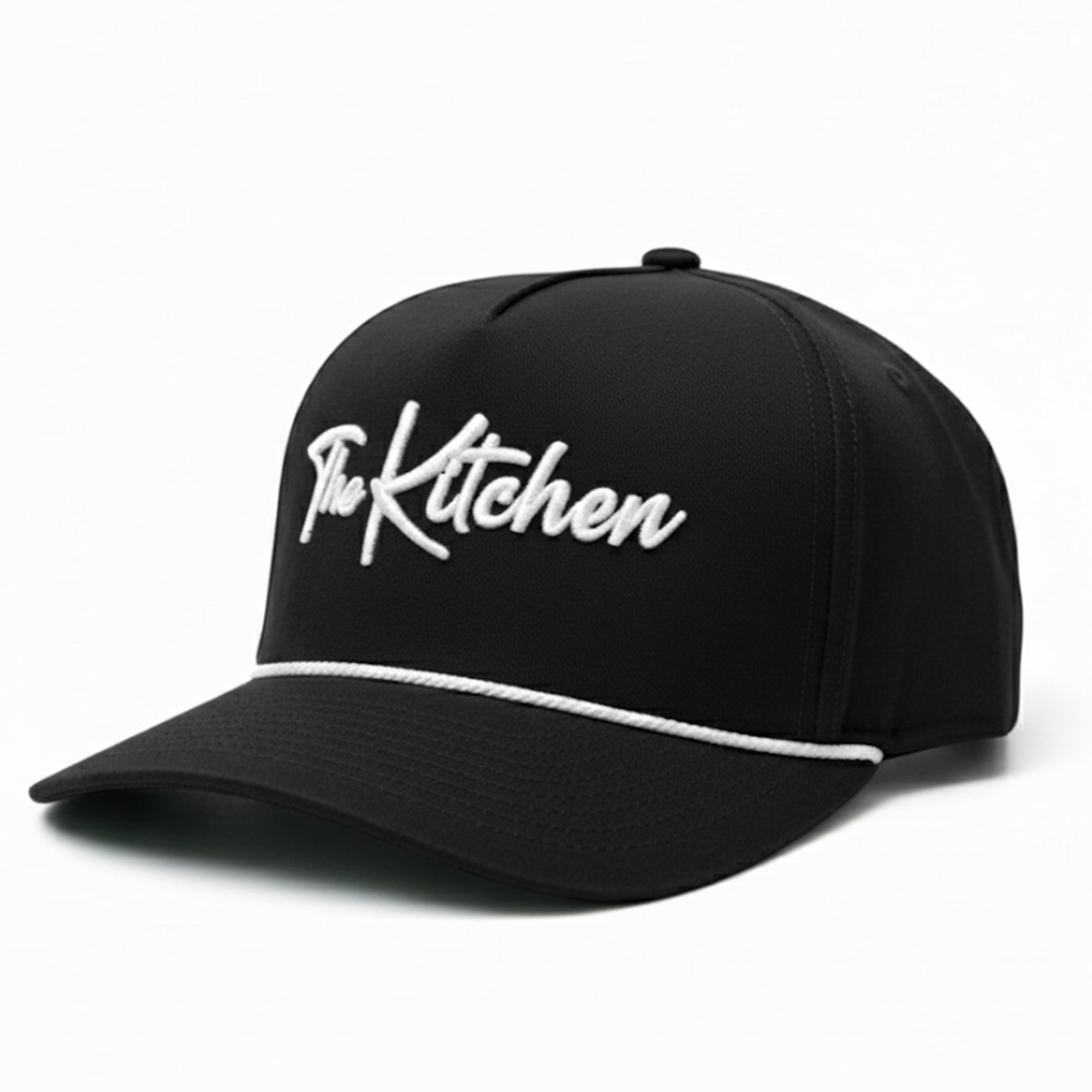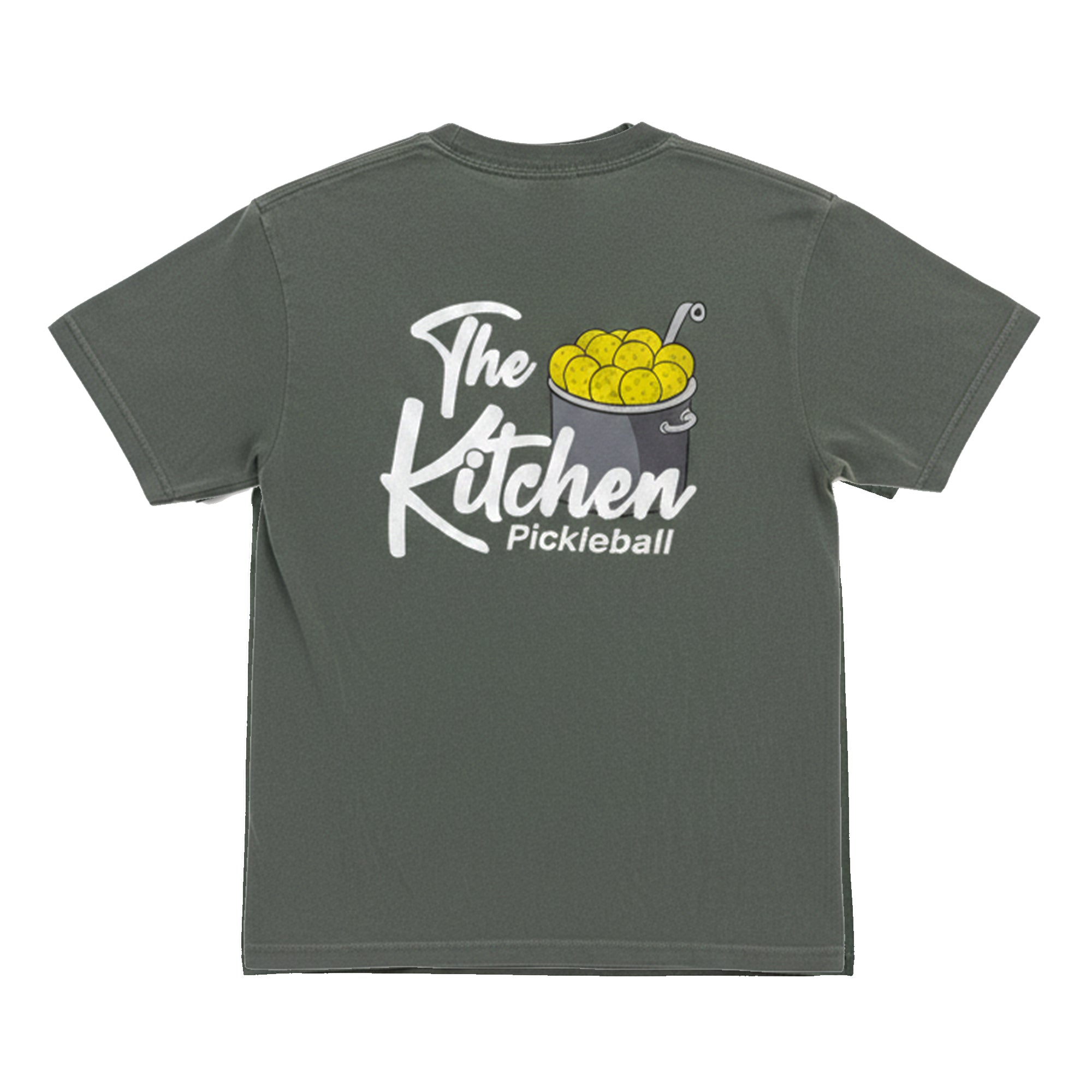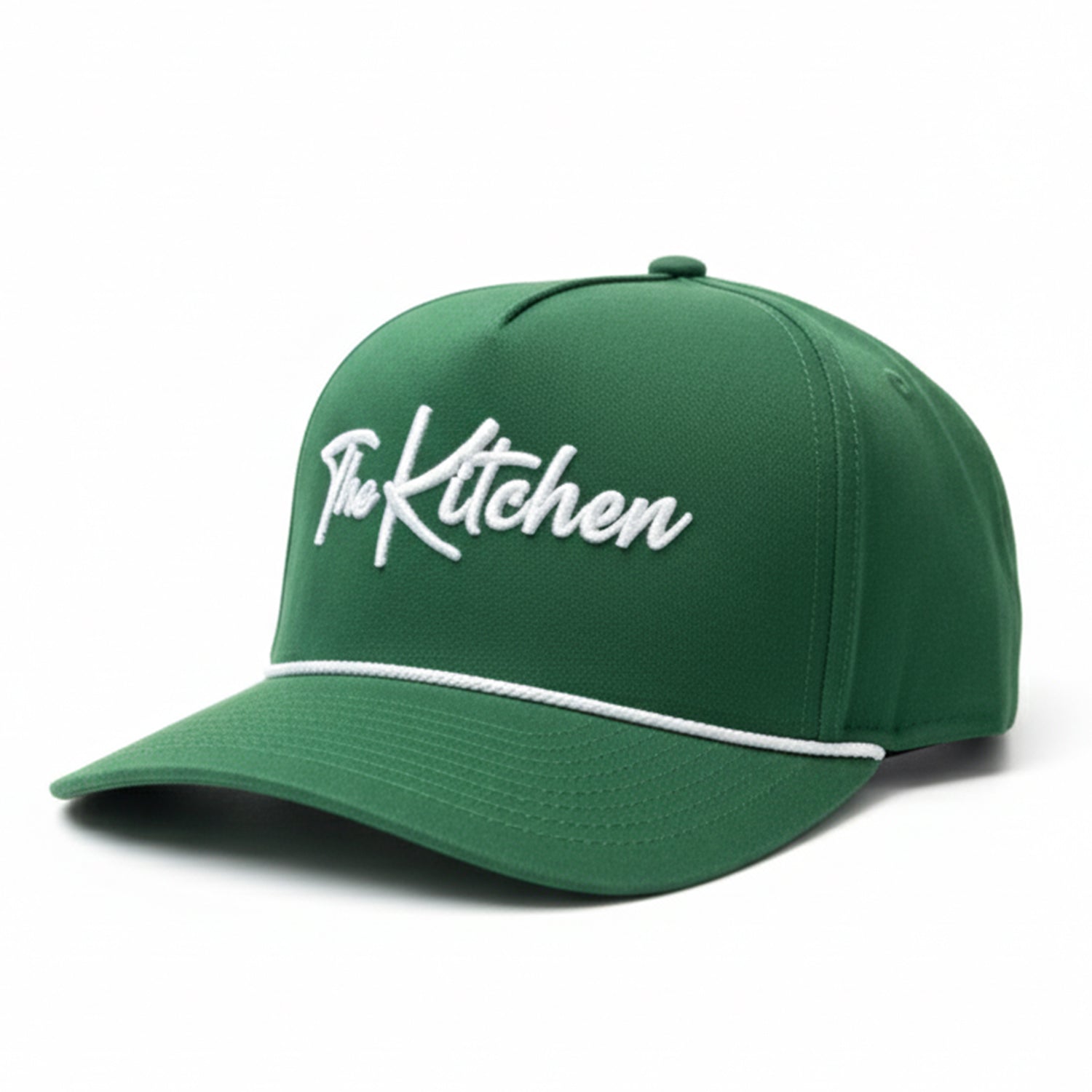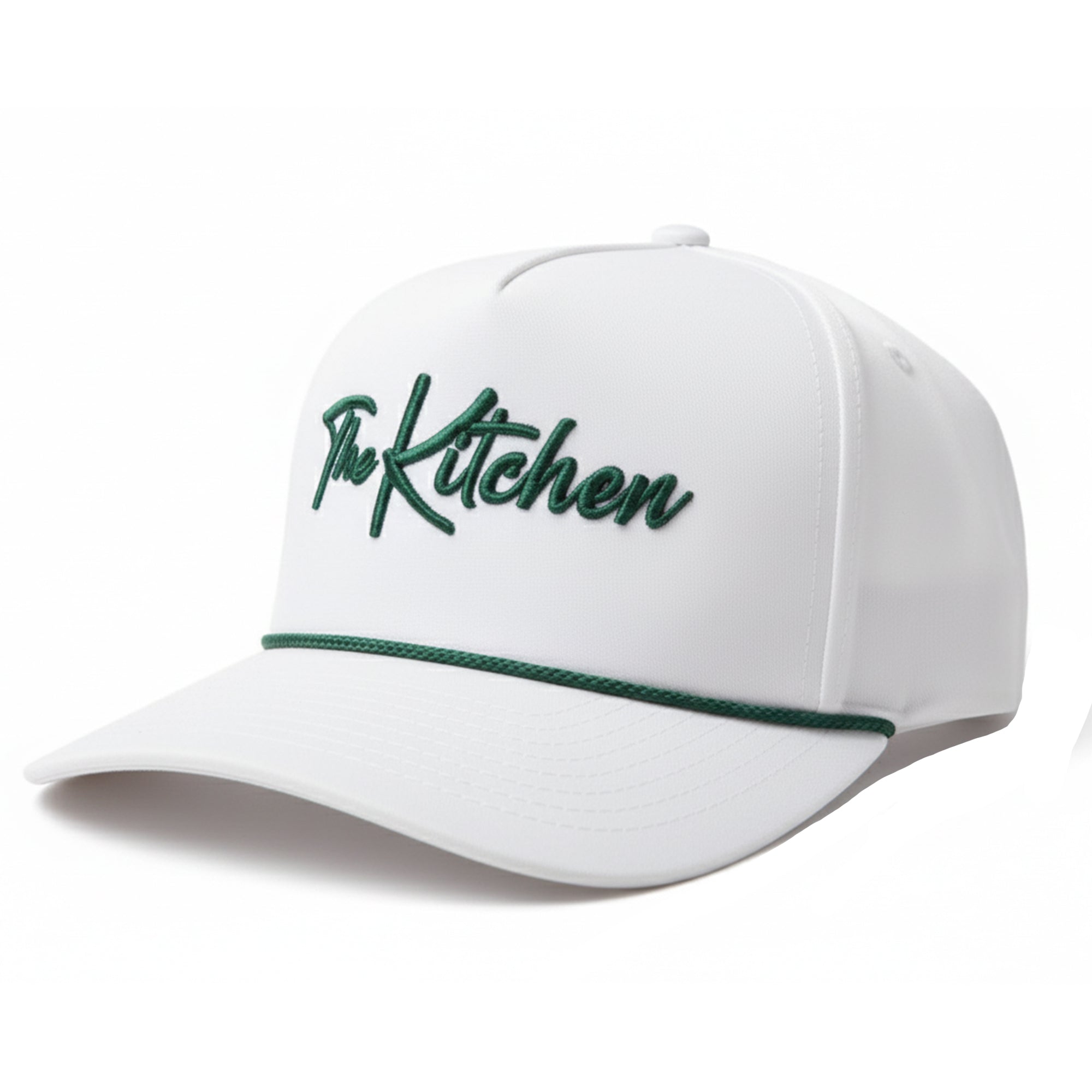How to Organize a Pickleball Fundraiser: A Complete Guide
Last Edited
Oct 18 2024
Category
News
We've seen countless "picklin' for charity"-style events pop up nationwide in the last few years. So we couldn't help but wonder: what are the best practices for organizing pickleball events, particularly if their aim is to fundraise?
Organizing a pickleball fundraiser involves more than booking courts and inviting players.
It requires thoughtful planning, targeted promotion, and the ability to engage your community.
In this guide, we’ll walk through all the key steps to make your fundraising pickleball tournament a smashing success, with insights from seasoned tournament directors and event organizers.
From setting clear goals to attracting sponsors, we’ll cover everything you need to know.
Set a Clear Fundraising Goal
The first step in planning any fundraising event is to define how much money you want to raise.
According to John Moore, a board member of Adaptive Pickleball and previous tournament director of the Greenville Smash in S.C. from 2017 to 2020, this figure will shape everything from your budget to your marketing strategy.
“How much are you expecting to make?” Moore stresses. “A lot of tournaments fail because they don’t set a specific financial target.”
Consider what the funds will support—whether it’s for a local charity, a national cause, or a specific group like adaptive pickleball programs. Once you set that goal, break down the costs and revenue streams to ensure it's achievable.
Key Questions to Ask Yourself:
- How much are registration fees?
- Can I rely on sponsorships or donations to offset costs?
- Will I need additional fundraising activities, like raffles or auctions?
Pick the Right Tournament Format
Choosing the right format for your tournament is crucial. While competitive players may gravitate towards elimination-style formats, Moore advocates for round-robin setups, especially for fundraisers.
“Round robins are easy to plan and run,” Moore says. "With 8 teams, you can wrap up the tournament in about three hours. It’s accessible and inclusive, which is important for a fundraiser."
Round-robins allow every player to get more games in, keeping the vibe social and fun, which fits the spirit of fundraising.
Alternatively, single- or double-elimination formats work for a more competitive edge but may stretch out the event, which could discourage casual participants.
Quick Format Breakdown:
- Round-Robin: Ideal for inclusivity, faster-paced, everyone plays multiple matches.
- Single/Double Elimination: More competitive but may lead to downtime for eliminated players.
- Skills-Based Tournaments: Tailor brackets based on skill level (e.g., 3.5 and above), but ensure fair play and avoid major mismatches.
Venue Selection: Get the Details Right
The venue can make or break your tournament. You’ll want to choose a space that’s accessible, has enough courts, and can accommodate spectators.
Look for a venue that offers basic amenities like restrooms, seating areas, and possibly even concession stands. Many players bring family or friends, so having enough seating and a good atmosphere can enhance the event. Moore suggests that four to six courts work best for a tournament with 8 to 12 teams, but it’s worth renting extra courts if you anticipate a larger turnout.
If weather is a concern, especially for outdoor venues, having a backup date is a good idea. As Wendy Lehman Miller, a tournament organizer, notes: “We had a makeup day in mind. I’m in NE Ohio where it can be 80 one day and 60 and raining the next.”
Pro Tip: Leave space for a practice court if possible. Players often like to warm up before matches. This may not always be possible to provide, but if you can save a court without adding time to the event, your participants will appreciate it.
Get Creative with Themes and Promotions
In a saturated fundraising world, standing out is critical. Moore recalls running a highly successful event with a wrestling-themed "Round Robin Rumble."
Players were given pro-wrestling-style nicknames, posed with custom-made championship belts, and even cut hype videos that were shared across social media.
“The key was making it fun,” says Moore. "We used real players in the community, not stock photos, which helped create authentic engagement."
Promotion Tips:
- Create Eye-Catching Flyers: Use Canva to create visually appealing posters. Make sure your flyer includes links or URLs instead of just QR codes—most people view digital flyers on social media where QR codes don’t translate well.
- Use Real Images: Stock photos can look generic. Use images of local players or past events to make the tournament feel more actionable.
- Share Regular Updates: Wendy Miller emphasizes the importance of constant communication. “Don’t just communicate a few days before the tournament. You need a steady stream of emails and social posts to keep people engaged.”
Engage Sponsors Early
Sponsorships are essential to maximizing the fundraising potential of your pickleball tournament. The key is to go local. Moore and Miller both stress the importance of partnering with businesses in the community.
Moore’s approach? “Hit up small businesses, like chiropractors, realtors, or car dealerships. You can raise a few hundred dollars just by offering logo placements on nets or banners.”
Miller's team raised $4,000 through local sponsors for their "Doubles Dink for Cancer" event. She suggests using personal connections: “I asked friends who own companies or work in banks—they were more than happy to help."
Sponsorship Ideas:
- Offer logo placement on nets, t-shirts, or tournament banners.
- Create tiered sponsorship packages that offer different levels of exposure (e.g., $500 for logo on t-shirts, $1,000 for larger signage).
- Partner with businesses for in-kind donations—coffee shops, for example, may prefer to donate gift cards instead of cash, which you can use in an online auction.
Logistics: Run a Smooth Event Day
Executing the day of the tournament requires attention to detail. According to Moore, smooth check-ins and well-placed hospitality stations make a huge difference.
Set up a hospitality tent with water, snacks, and shade—these are often easy to get sponsored.
"You really can’t mess up the day-of logistics," Moore warns. “It’s like going to a restaurant. If the experience is bad, people won’t come back and they’ll tell others.”
Make sure your volunteers are well-prepared and know their roles. Miller suggests having at least six volunteers for a group of 30 players, including someone to handle registration and another to manage scorekeeping.
Essential Day-of Tips:
- Volunteers: Aim for at least one volunteer per five players.
- Hotspots: If using digital tools for scoring or check-in, ensure you have multiple hotspots available.
- Back-Up Plans: Expect dropouts, last-minute changes, or even injuries. Keep an eye on weather, and have an indoor venue or makeup date in mind.
Maximize Funding with Additional Activities
Beyond registration fees and sponsorships, you can boost revenue with creative add-ons:
- Online Auctions: Solicit local businesses for gift cards, merchandise, or services, then auction these items off online. This allows non-players to contribute.
- Raffles and 50/50 Draws: Quick and easy ways to raise extra funds. Have volunteers sell tickets at check-in or throughout the day.
- Merchandise Sales: T-shirts, water bottles, or branded paddles can be an excellent way to raise money and give participants a memorable keepsake.
Follow-Up: Build Community for Future Events
Once your tournament wraps up, don’t just fade away. Follow up with players and sponsors to thank them for their participation.
Moore recommends sharing photos and videos from the event on social media and tagging players to encourage them to share. This keeps the momentum going and builds goodwill for future tournaments.
Read Next: The Ideal Pickleball Doubles Partner: Players Describe Their Dream Teammate
Miller adds: “We had reps from the charity help with raffles, and they kept in touch with participants afterward. That little extra touch keeps people engaged and wanting to come back next year.”
Plan, Promote, and Execute Like a Pro
Organizing a pickleball fundraiser is no easy feat, but with proper planning, creativity, and communication, you can host an event that not only raises money but also brings your community together.
By following these expert tips, you’ll be well on your way to running a memorable and successful pickleball tournament that players will look forward to year after year.


